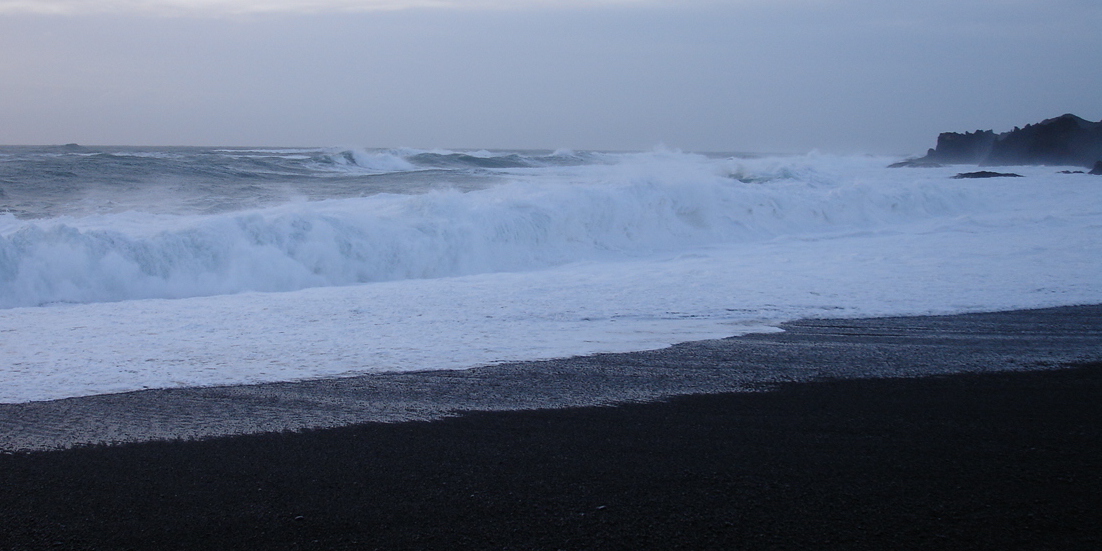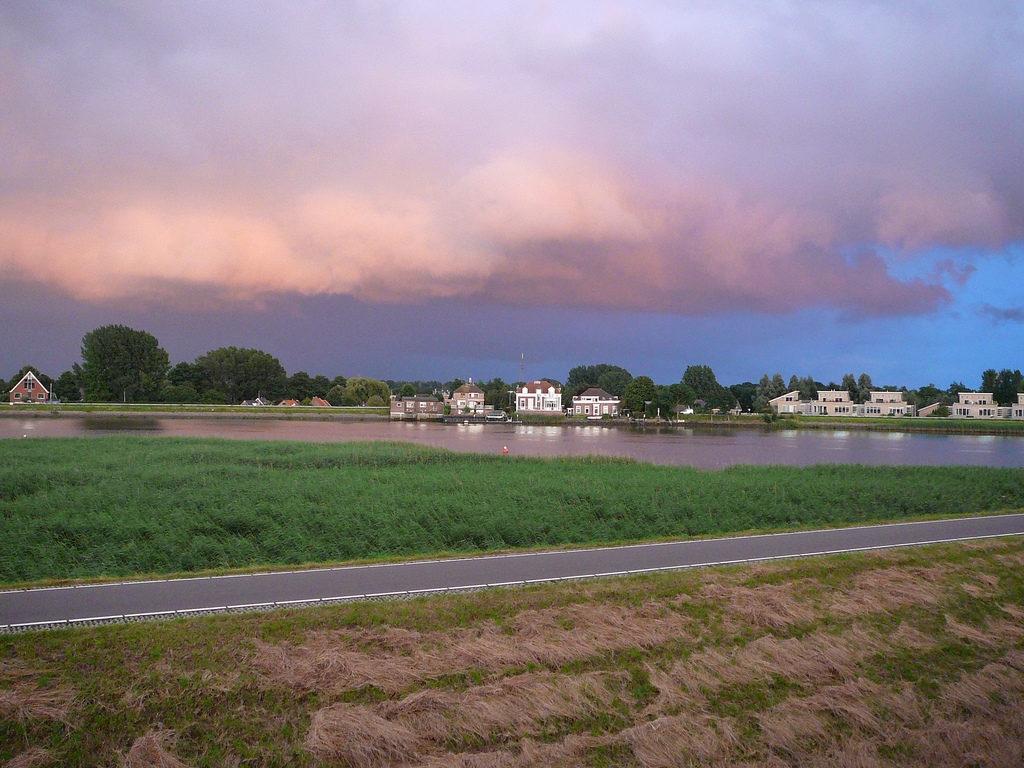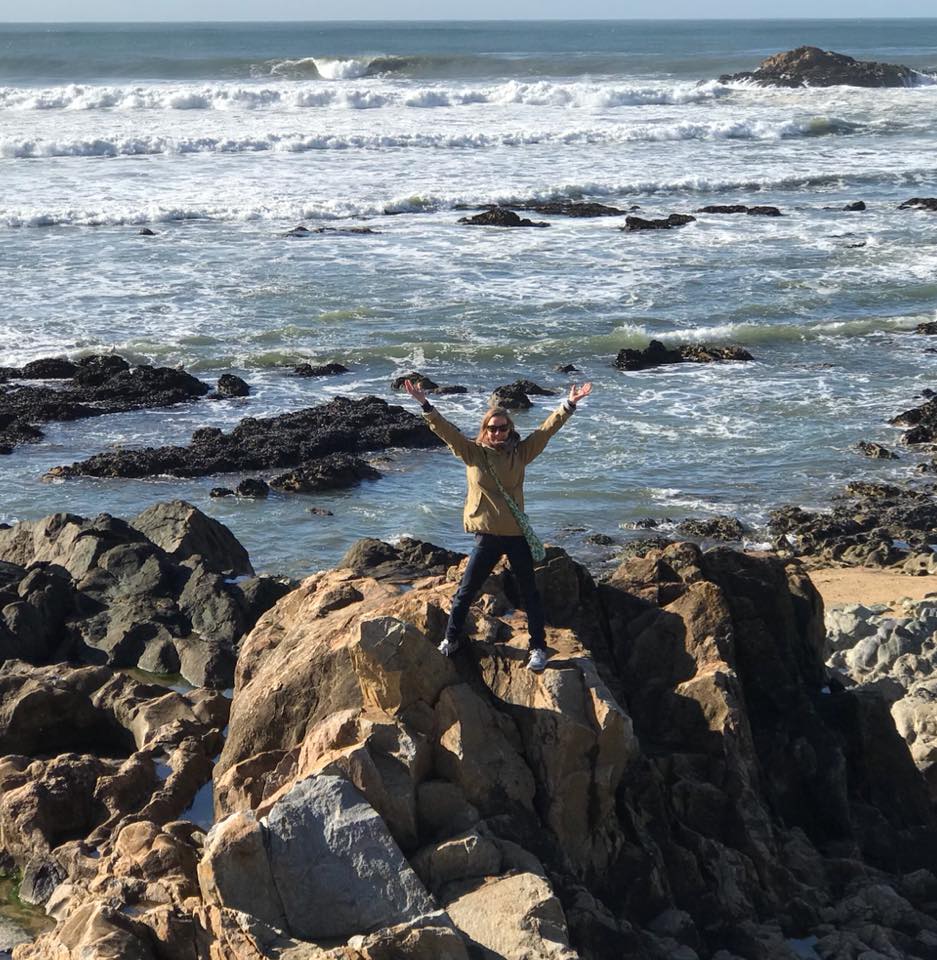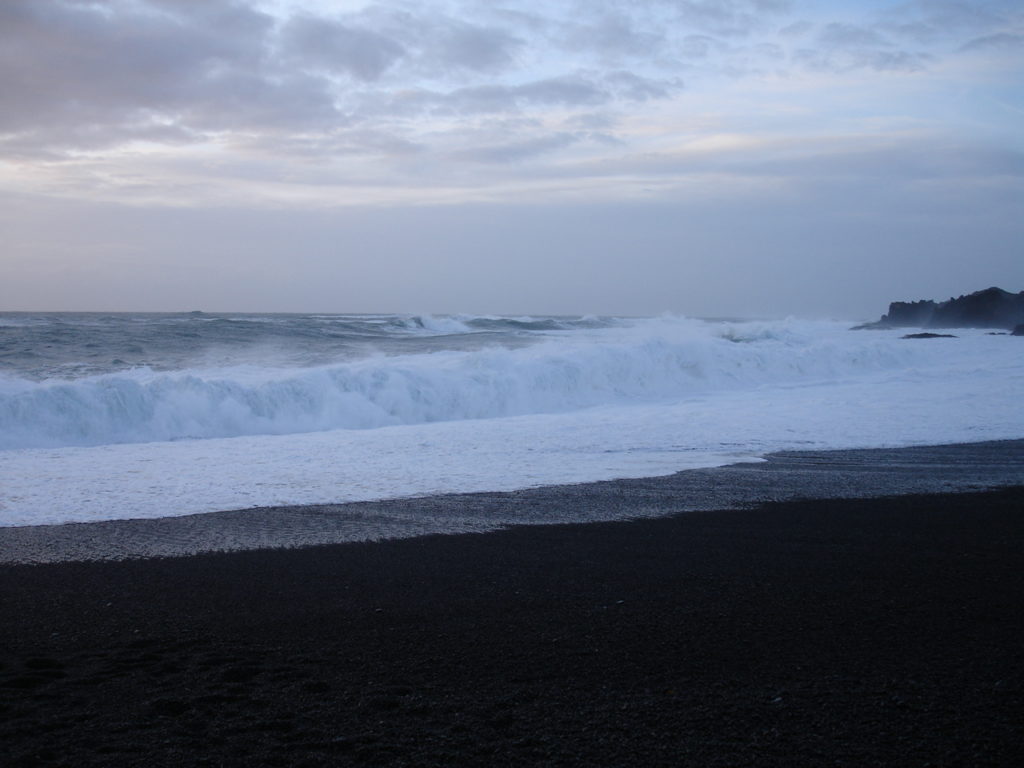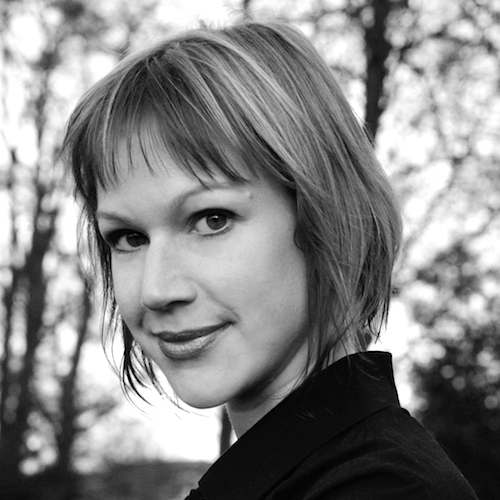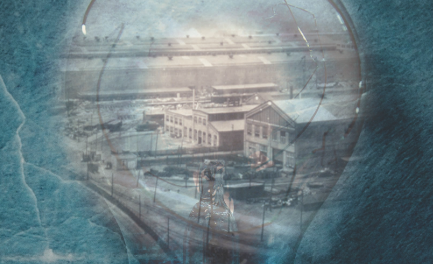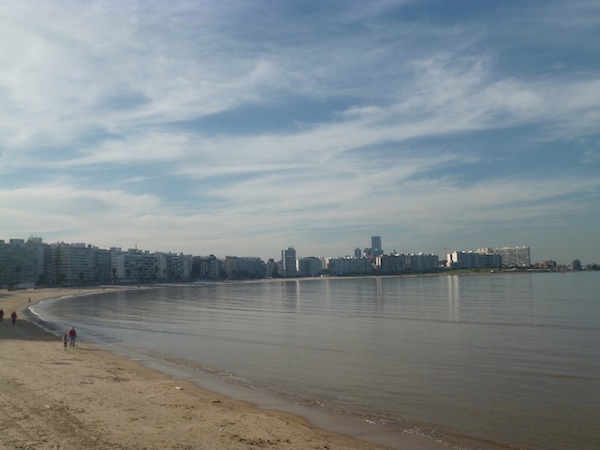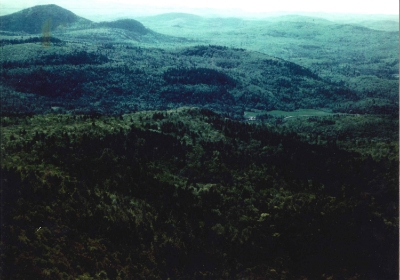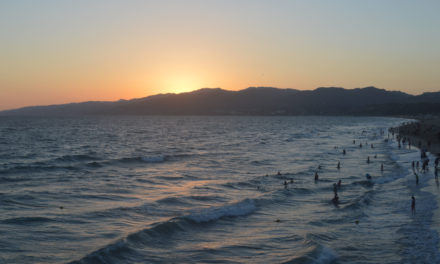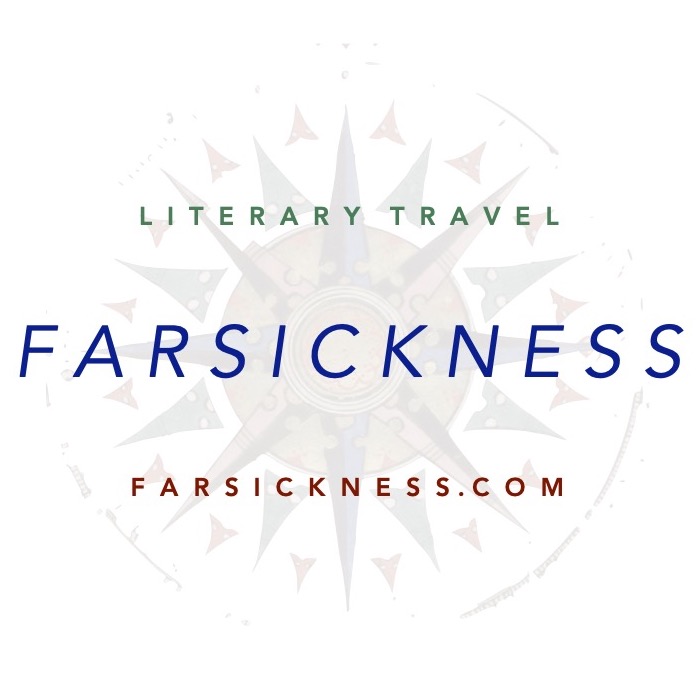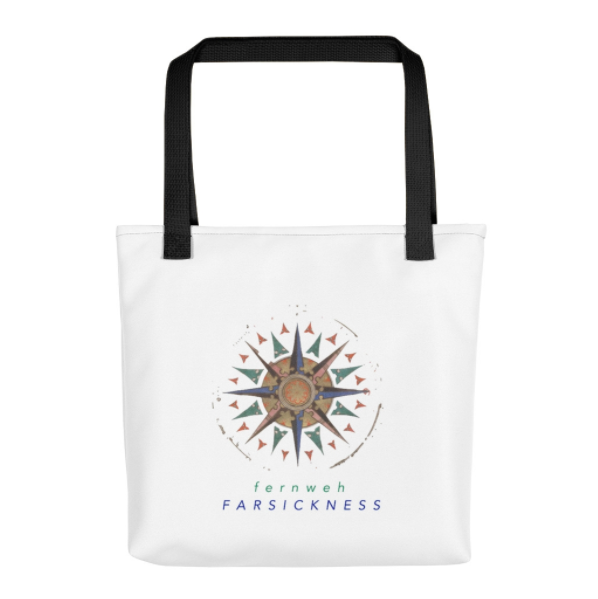Four Questions on Farsickness is an interview series with creative writers for whom place is essential to their work. Each writer answers the same four questions—and featured here is Dutch-born novelist, essayist, and short story writer Claire Polders.
1. Share a little about where you’re from. When you were growing up, what place—real or imagined—most fascinated you, and why?
I was born in Gouda, the town that has given its name to a type of Dutch cheese, and I grew up along a river dike in an area of Holland that lies seven meters below sea level. Water, more than land, influenced me as a child. Water as a source of life and as an eternal threat. I couldn’t grasp how vast the ocean was, how it stretched from our shore all the way to America, where my aunt lived and all movies were made (or so I thought). Just the name “North Sea” will bring on nostalgia for me.
My father was a sailor who crossed the Atlantic when I was ten. I was in awe of him, and some of my most intense childhood memories are from the times I spent on his boat in Zeeland. At sea, my father was in charge: calm, always in good spirits, and never taking risks. Although I trusted him, I could get scared. I feared the waves and hard winds and I simultaneously longed for that fear, because the water, dangerous or not, was never malevolent: it had no intentions toward me. Sailing taught me that I enjoy facing challenges.
As a teenager, I sought out mountains and caves. I climbed using professional gear, descended boldly from steep slopes, and crawled into tight spaces. Although I’m no longer that brave, I still prefer jumping from boulder to boulder along a rocky shore than lying on the beach. I can contemplate better when I move in space.
There wasn’t really one place that most captivated me. It was the concept of mobility, of flowing, of changing horizons, that made me fall in love with traveling. I’m not bound to one spot and not bound to one opinion. I can change my mind as easily as I can change my perspective, and the two often go hand in hand.
2. What travel has been a particular inspiration to your work?
Looking at the work I actually produced, it isn’t a particular travel experience that has inspired me, but rather me living in Paris. I moved here toward the end of my philosophy studies for what was supposed to be just one semester at the Sorbonne. But while I was here, I fell in love, and that gave my life an unexpected direction. (My personal essay on this topic was published by Green Mountains Review under the title, The Empty Space in Front of Your Hand.)
Paris is the dream city of my first novel’s protagonist, the main location in my second novel, and it plays an essential role once again in my book A Whale in Paris (co-authored with my husband and forthcoming from Atheneum / Simon & Schuster, May 2018).
Living abroad has changed (and hopefully improved) my writing. No longer immersed in the culture in which I am raised, I’m able to see my surroundings better. As a writer, I like being the stranger, the one who doesn’t fit in and scrutinizes society from the sidelines. Traveling can give me that experience, too, although it’s not always easy to pull myself out of being a tourist and become a true observer. I have much to learn there.
3. Where do you “escape to” to recharge creativity?
The water. Preferably a sea or an ocean, but when in a city, a river will do. I also enjoy the Italian and Swiss lakes with the mountains around them. I have spent several summers on the Greek islands, and will probably go back there often. The simplicity of life, the blue of sky and sea, the pureness of the food—it all contributes to a concentration of being and thinking.
I always have the best ideas when I’m near the water and can look out. Water holds a promise and gives me the confidence that humans working together can create great things. Like building a dike and protecting a nation. Like influencing an entire generation with one powerful story.
4. Where would you most like to travel to next?
It’s winter in Europe right now, which means grey, wet, and cold, and I miss the warmth of summer, but I’m actually longing to revisit Iceland. I was there once for a short trip in the winter of 2008, and the island made a huge impression on me.
Perhaps it’s because my husband proposed there on New Year’s Eve. Or because we were there with a group of friends and I experienced strange new things like swimming in a natural hot spring, witnessing geysers eject steam, taking a snow mobile ride on a glacier. But I believe the island is truly special, delivered from a world of myth. If it weren’t so cold, I’d have probably gone back already.
My longing to return to Iceland is strong because I’ve been describing its amazing scenery for the past year: My next novel is set there. I’ve written about the island, forming and reforming itself through volcanic eruptions and mudslides and glaciers carving tracks of time into the mountains. I’ve tried to capture the frozen wilderness and the summits shrouded in clouds, cold clinging to the rocks. I will have to revisit the island soon to verify whether my words do at least a little justice to the reality.
Claire Polders is the author of four novels in Dutch. A Whale in Paris, her first book in English and co-authored with her husband Daniel Presley, is forthcoming from Atheneum Books for Young Readers (Simon & Schuster) in May 2018. Her short stories, flash fictions, and essays have been featured in numerous publications, such as TriQuarterly, Denver Quarterly, and Mid-American Review. The pieces published on the web can be found at clairepolders.com. Follow her on Twitter (@clairepolders), Facebook, and Instagram.

